Can Too Much Added Sugar Cause Heart Disease?
A new study published last month in the Journal of the American College of Cardiology found that soda drinkers have a higher risk of heart disease than those who do not drink sweetened beverages. [Source: JACC]
Sugar has a bad reputation when it comes to health. Sugar occurs naturally in all foods that contain carbohydrates such as fruits, vegetables, grains and dairy products. Consuming these foods is completely fine.
However, problem comes when you consume too much added sugar or artificial sweeteners. This is something food manufacturers add to products to increase flavor or extend shelf life. Added sugar is also present in items that you may not think of as sweetened like readymade soups, cured meats, ketchup, etc.
How added sugar can hurt your heart
There is no mechanism that explains how added sugars might hurt your heart directly. The association between sugar consumption and heart disease risk is not new. As a person’s sugar intake increases, so does their risk of cardiovascular disease. Those who consume too much added sugars in their diet are more likely to be overweight, which certainly contributes to heart disease risks.
Further even when you are not overweight, a diet high in sugar can raise your triglyceride levels, which may lead to fatty deposits in the liver. In a study published in 2014 in JAMA Internal Medicine it says,
“Over the course of the 15-year study, people who got 17% to 21% of their calories from added sugar had a 38% higher risk of dying from cardiovascular disease compared with those who consumed 8% of their calories as added sugar.”
Another connection – artificial sweeteners hurt your health
Sugar-sweetened beverages such as sodas, energy drinks, and sports drinks are by far the biggest sources of added sugar. Other sources include foods like cookies, cakes, pastries, fruit drinks, ice cream and ready-to-eat meals.
Artificial sweeteners may change the makeup of our gut microbiome in ways that promote weight gain or diabetes. Sugar delivers “empty calories” — calories unaccompanied by fiber, vitamins, minerals, and other nutrients. Too much added sugar can crowd healthier foods from a person’s diet.
Could it be possible that sugar isn’t the true bad guy increasing your heart disease risk, but that it’s the lack of healthy lifestyle and heart-healthy foods? Apparently not. Studies have found that regardless of healthy eating, people who ate more sugar still had higher risk of cardiovascular diseases.
How much is okay? And how to minimize consumption of added sugar?
Its hard to say since sugar is not a required nutrient in our diet. However, the American Heart Association suggests that men consume no more than 150 calories (about 9 teaspoons or 36 grams) of added sugar per day.
If you wish to reduce the consumption of added sugar, reading food labels is one of the best ways to monitor your intake of added sugar. Also cut back on the frequency of food consumption that has added sugar or artificial sweeteners. Afterall, cutting back on all extra sugar is not at all a bad idea.
Wrapping Up…
Believe it or not, if you can’t take out all the added sugars, just by reducing the intake, you will see the benefits. You will also struggle a little, as sugar can truly mess with your brain and act like an addictive substance. If you’re going to have something sweet, have a fruit-based dessert. That way, at least you’re getting something good out of it.


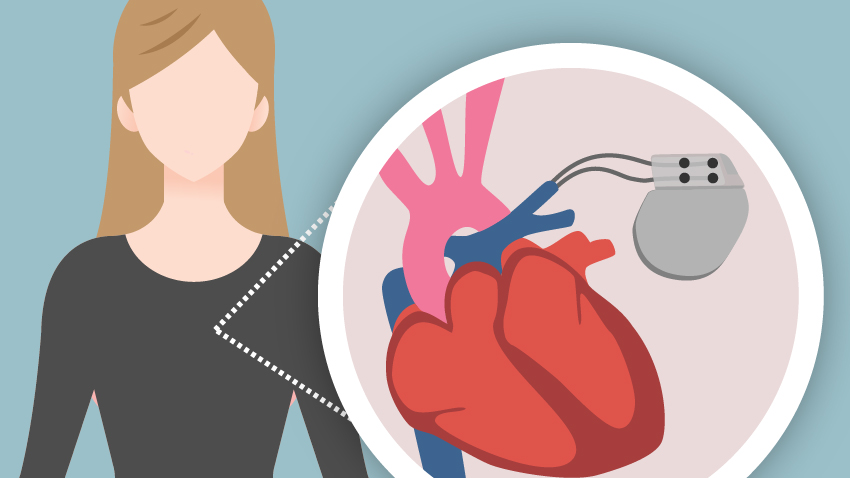
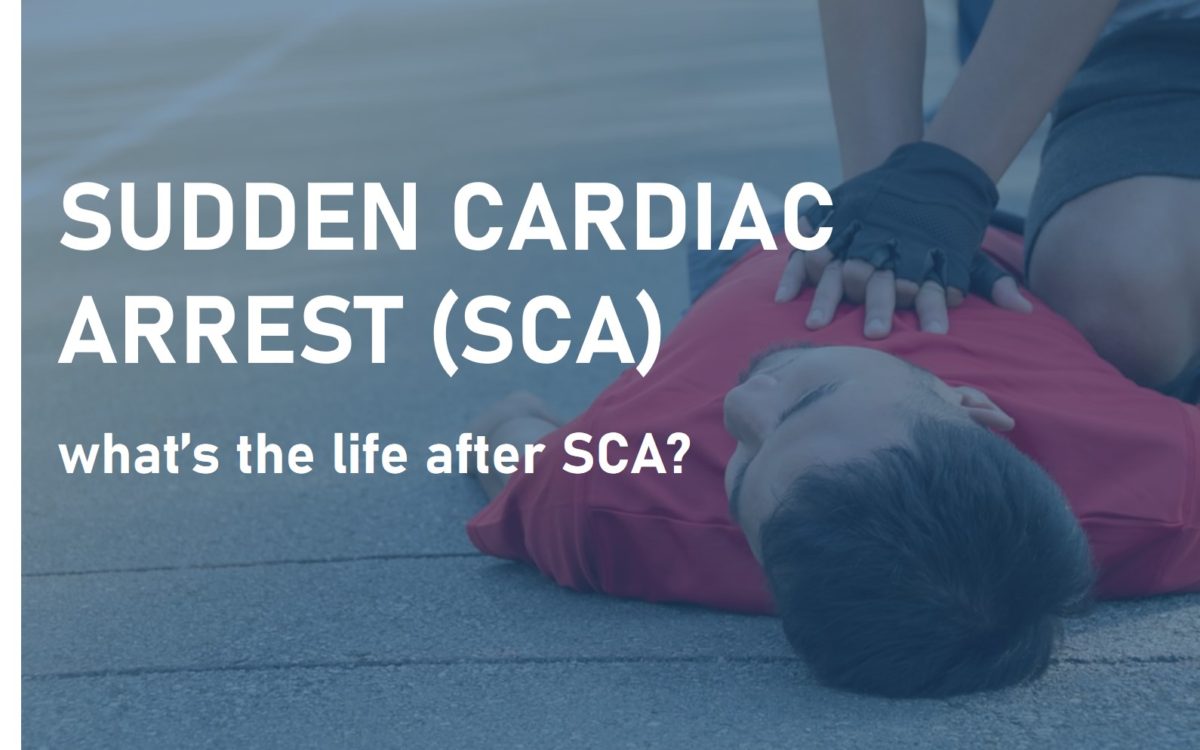

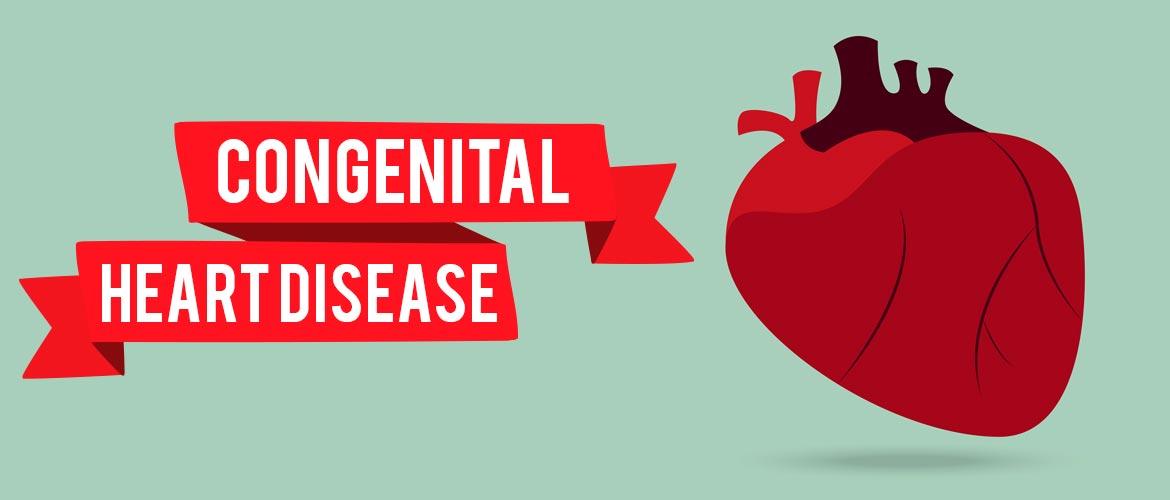
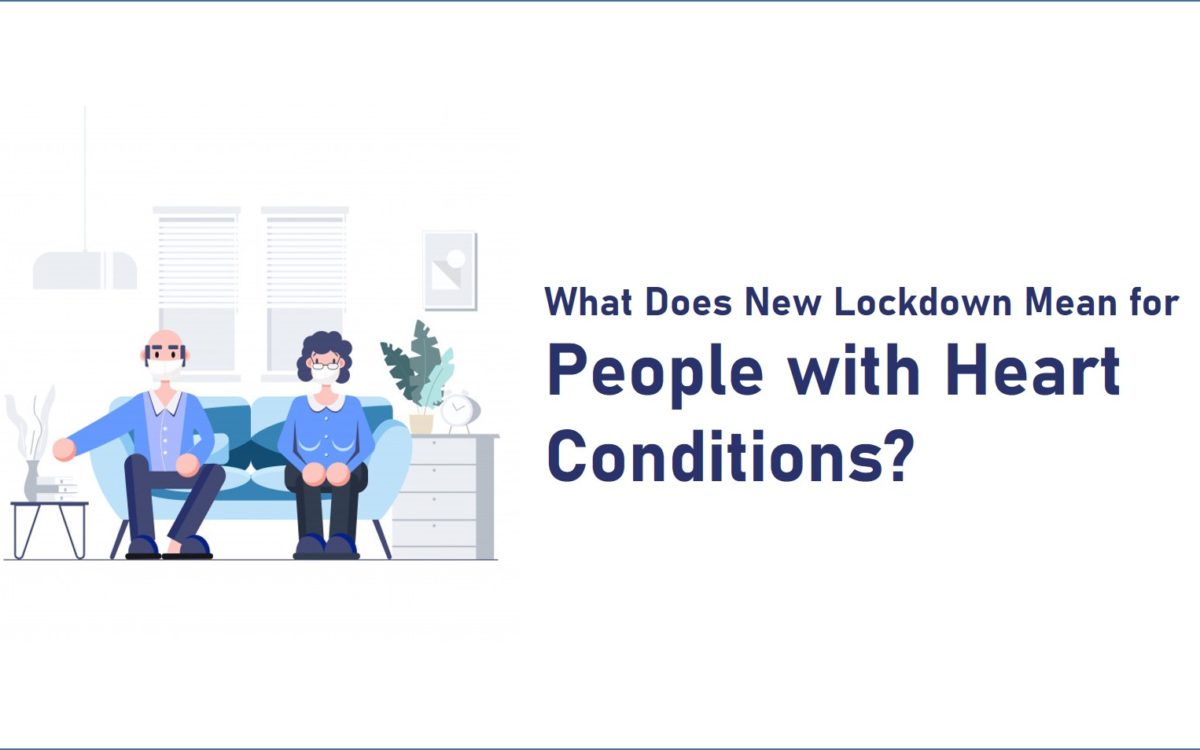

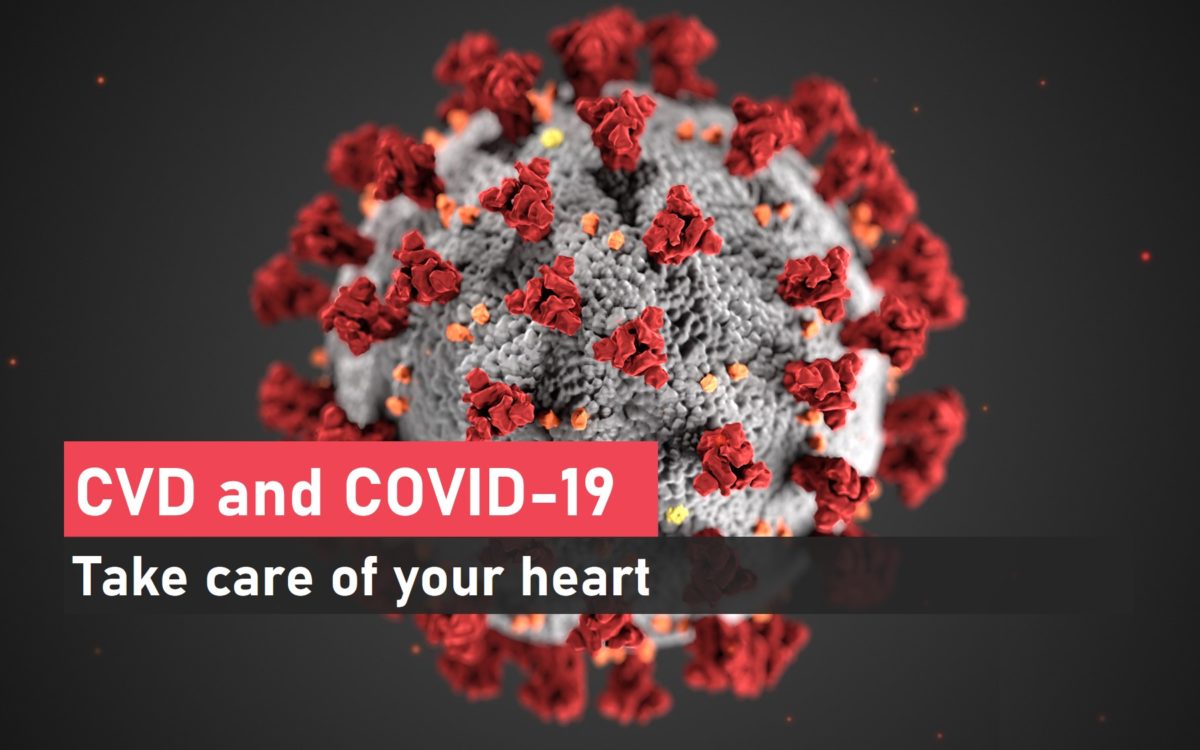
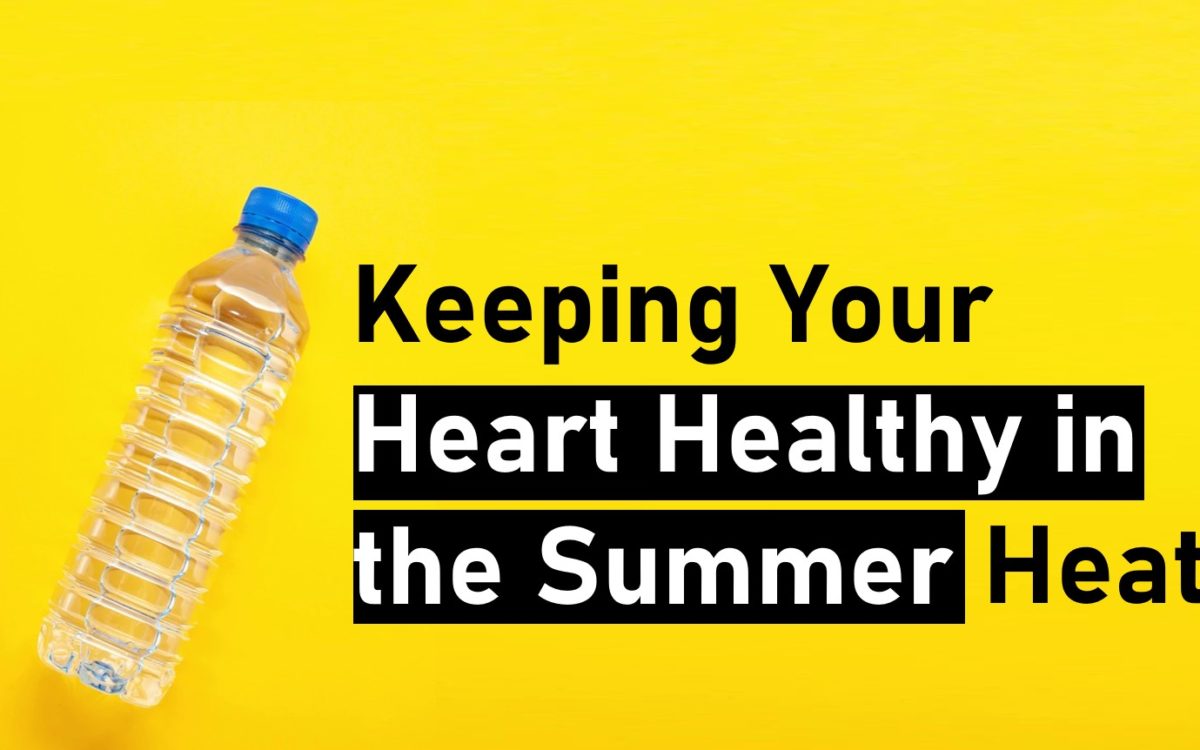

Recent Comments